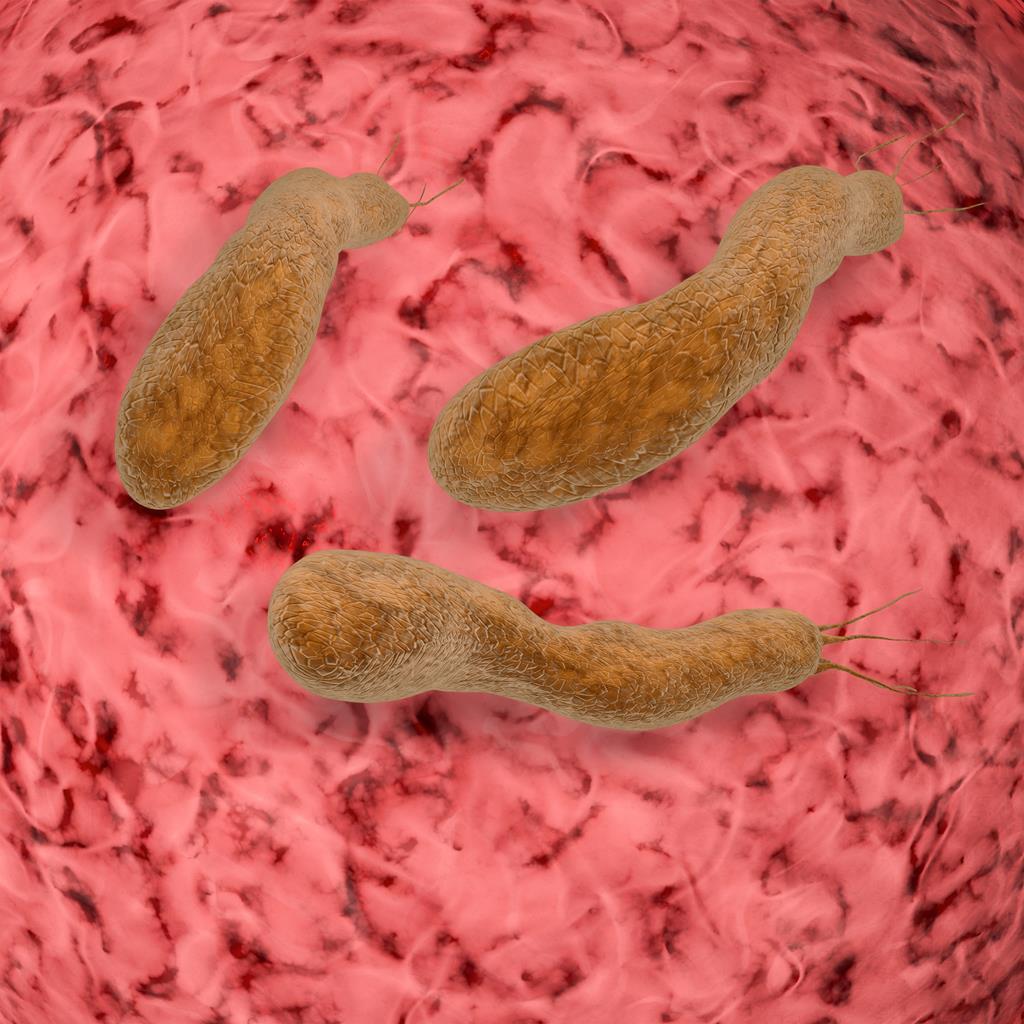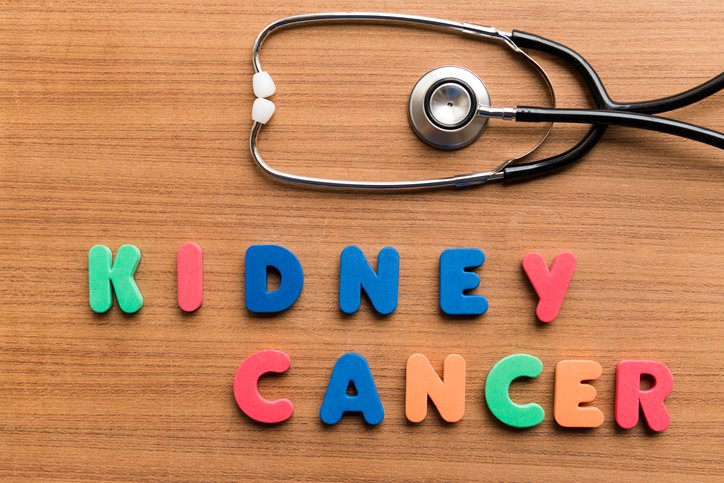According to a review of more than 25 years of research reported in the November issue of Psychological Bulletin (which is published by the APA, American Psychological Association), males normally experience more traumatic events on average as compared to the females yet females are likely to meet the diagnostic criteria for the post-traumatic stress disorder, commonly known as PTSD.
The incidences of post-traumatic stress disorder in the United States are two times more for women as compared to the male counterparts.
The few studies which have looked into the sex differences related to post-traumatic stress disorder development indicate that multiple cognitive, physiological and behavioral factors are involved. However, research into the above factors has been lacking until recently.
Stress and the Reproductive Hormones
Investigators in 2004 discovered that:
- Women normally have a strong stress hormone response within their brain as compared to men during traumatic or difficult situations.
- The connection between to Post-traumatic Stress Disorder and the response to stress hormone in both sexes usually involves progesterone-the reproductive hormone.
The stress hormone which was measured during the 2014 study is the adrenocorticotropic hormone, commonly referred to as ACTH. The ACTH hormone is usually released by the hypothalamic-pituitary-adrenal system found in the brain.
According to researcher Sabra S. Inslicht of the University of California in San Francisco, “While these findings don’t directly address the reason why women normally have high rates of PTSD, our study shows that there are sex differences in the reactivity of any major stress response system and the reproductive hormones might interact with the stress responses.”
More Areas of Concern
The four other areas of concern which might contribute to the higher rates of post-traumatic stress disorder among women but still require further studies are related to psychological, societal and sleep factors:
Sleep is viewed as a PTSD concern because sex hormones normally affect sleep quality and both sleep and sex hormones influence the memory and learning processes involved in the onset of PTSD. In addition, sleep problems like nightmares and insomnia are common symptoms of PTSD.
One study showed that intense feelings of horror, helplessness and fear when experiencing any given traumatic event and the negative thoughts concerning the world or even the self afterward might contribute to the higher incidences of PTSD in women.
The interactions of variables like lifelong and everyday stressors, cultural influences, socioeconomic status, sexual harassment or abuse and interpersonal conflicts also need to be assessed for their contributions to the sex differences in the PTSD incidences.
Studies have shown that stronger social support protects the women from PTSD more than the men and social support may prove to be a little more significant in PTSD recovery among women.
Hormones might also contribute to the sex differences through their impact on the quality of sleep which is a risk factor for PTSD on its own when impaired. Research has shown that the sex hormones influence sleep quality and both sex hormones and sleep affect memory and the learning processes which are critical to the development of as well as recovery from PTSD
According to Ihori Kobayashi, a researcher at Howard University in Washington D.C, “One of the most important topics that future research should put great focus on is elucidating the roles of women and men’s unique physiology in the development of PTSD development, maintenance as well as recovery.”
Image source: Thinkstock/Creatas Images
Posted on May 22, 2023


